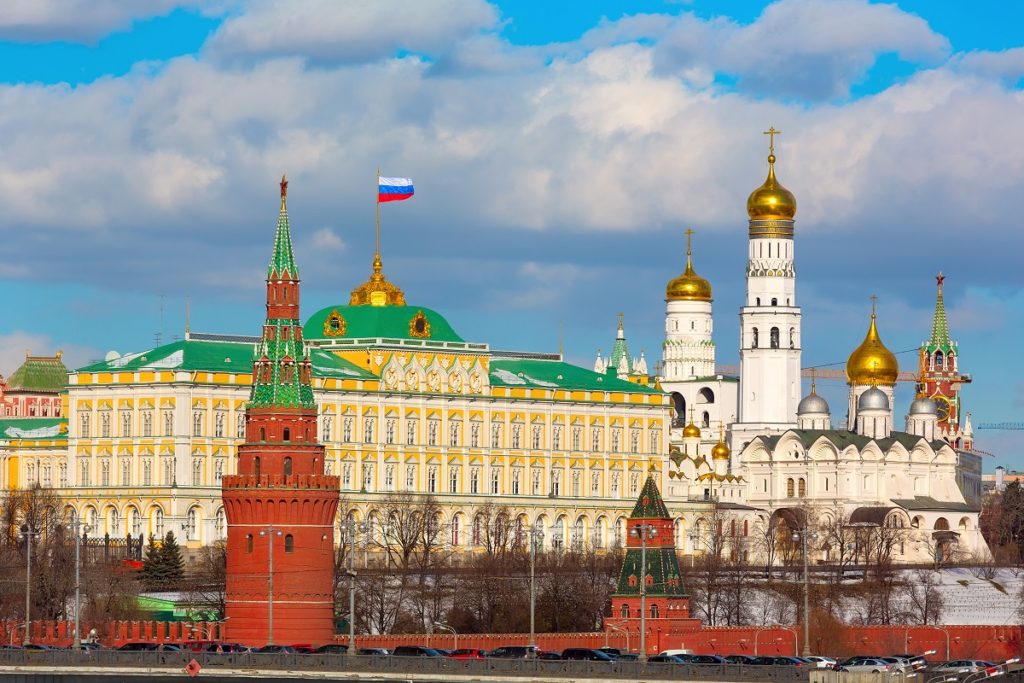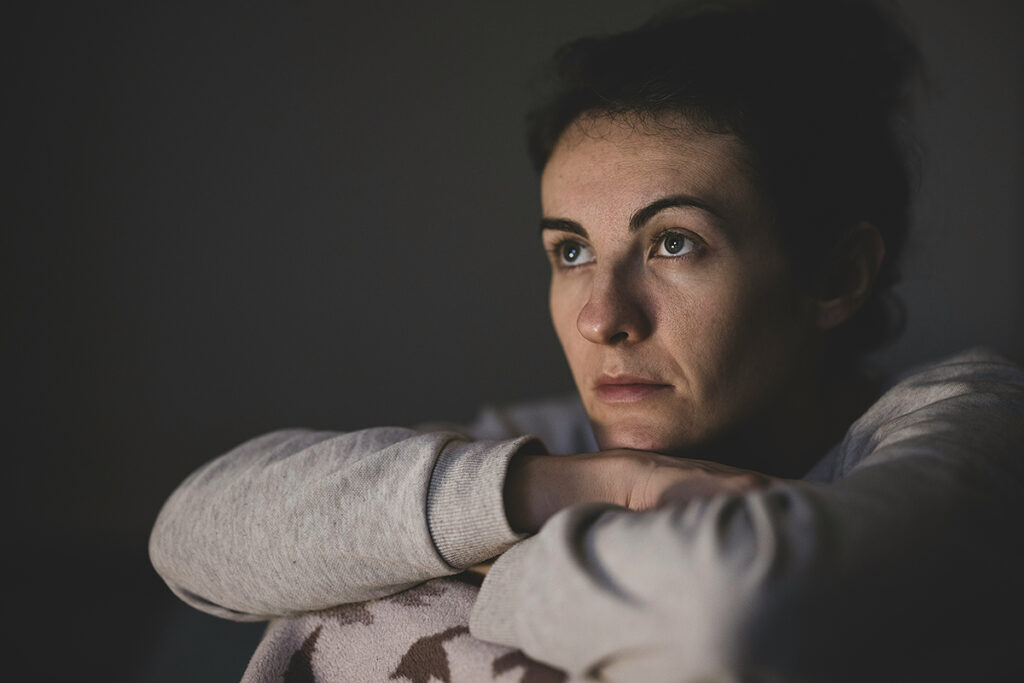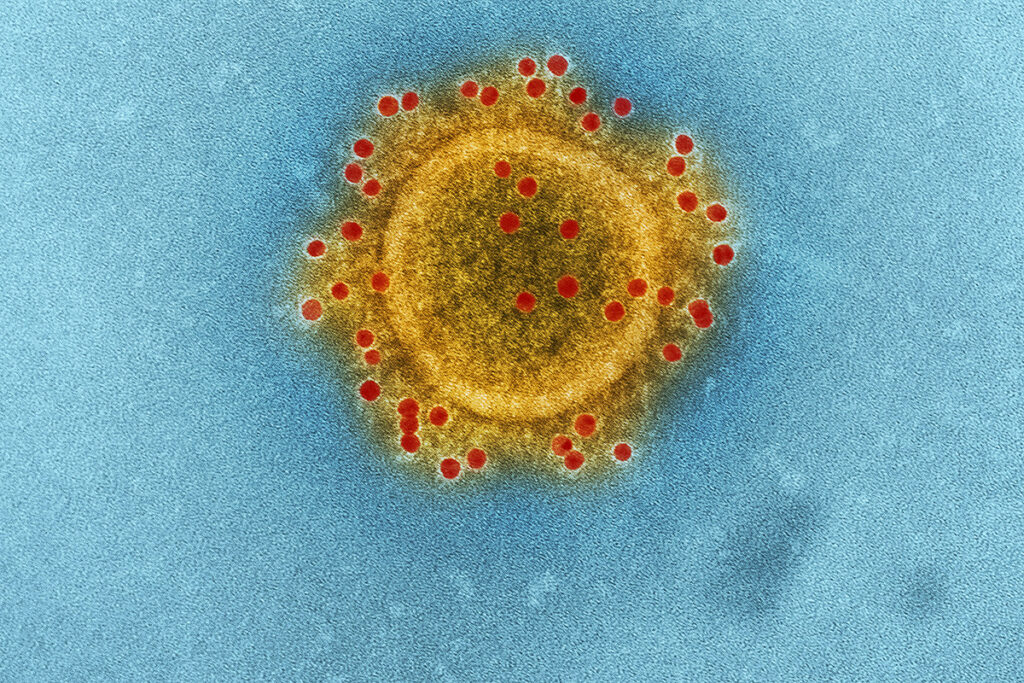Scheme of the body’s immune protection in case of viral infection
Сoronavirus enters the body’s cells through the ACE2 receptor. This receptor is necessary for the transport of amino acids. It is found mainly on the smooth muscle cell membranes of most organs, such as blood vessels and the small intestine.
One of the fragments of the SARS-CoV-2 shell protein is similar in structure to ACE2. This similarity allows the virus to enter a healthy cell, multiply, and leave it dying.
B-lymphocytes are a type of cell in the body’s immune system. Upon contact with different genetic forms, B-lymphocytes begin to produce antibodies —unique protein molecules. Antibodies recognize viral particles and infected cells and attach to them. That’s is a signal to the phagocytes to destroy these objects.
However, there is another type of antibody — neutralizing. These antibodies not only recognize viral proteins but also block the virus from entering the body’s cells. Neutralizing antibodies are most important in protecting the body from infections since they prevent cell death.
Long-lived B-lymphocytes provide long-term protection from a foreign microorganism. They “remember” dangerous antigens for several years. When you meet them again, then give a quick immune response. These B-lymphocytes are called Memory B-cells.
Isolation of Memory B-cells and antibodies to neutralize SARS-CoV-2
For the study, we take blood samples from three donors who had been ill with COVID-19. Scientists were looking for antibodies against one of the fragments of the coronavirus envelope protein.
In the first step, blood samples were highly concentrated with antibodies. In total, 28 antibodies were found, and 5 of them showed the properties of neutralizing the virus.
Then, from these samples, the researchers have isolated Memory B-lymphocytes, which synthesize antibodies. To solve this problem, we used our technology for sorting single B-lymphocytes, developed at the Institute of molecular and cell biology of the Siberian branch of the Russian Academy of Sciences.
At the final stage, scientists obtained monoclonal antibodies that neutralize the coronavirus. Memory B cells produce monoclonal antibodies belonging to a single cell clone. The entire clone came from a single progenitor cell.
COVID-19 treatment
Scientists are confident that the found antibodies will show therapeutic properties. However, it is essential to determine which combinations of antibodies will retain their antiviral properties against new SARS-CoV-2 mutations.
To date, the fastest method of COVID-19 therapy is plasma transfusion of patients who have been ill. Moreover, the plasma must contain antibodies that neutralize the virus.
This method is not approved by WHO, due to a risk of foreign infections. Also, when transfusing the plasma, severe immune reactions are observed due to its foreignness to the patient.
Monoclonal antibody preparations will be deprived of these disadvantages due to the lack of blood components in their production. They will also be more effective because of the high concentration of precisely those antibodies that neutralize the virus. Such drugs can be produced in large industrial volumes, which is not possible with the use of plasma.
According to researchers, the time of launching the technology in a broad clinical practice is comparable to the time of developing a vaccine.
Vaccine against SARS-CoV-2
Monoclonal antibodies can also be used to develop a vaccine. In this case, it is crucial to make sure that the found antibodies do not lead to the phenomenon of antibody-dependent amplification of infection. This phenomenon is observed when a vaccinated body develops a severe side effect when encountering an infection.
First, preclinical studies will be conducted on animals. And after that-clinical trials on volunteers.
COVID-19 pandemic as a possibility of an in-depth coronaviruses study
Previous coronavirus epidemics were local and quickly ended. Doctors and scientists did not have time to conduct clinical trials of vaccines. There was also not enough material for a comprehensive study of antibodies. Therefore, medical science was not appropriately prepared for the COVID-19 pandemic, which caused severe socio-economic problems on a global scale.
The current pandemic provides an opportunity to study the properties of neutralizing antibodies to be prepared for new epidemics of coronaviruses.
Gratitudes
The team of Immunogenetics Laboratory of the Institute of Molecular and Cell Biology of the Russian Academy of Sciences (Siberian branch) thanks anonymous donors who gave blood samples.
The authors of the study also thank Vladimir p. Baklaushev, Deputy Director of the Federal research and clinical centre of the Federal Medical and Biological centre of Moscow, for providing materials for the study.
Sources
https://www.mcb.nsc.ru/node/1358
http://www.mcb.nsc.ru/news/1345



